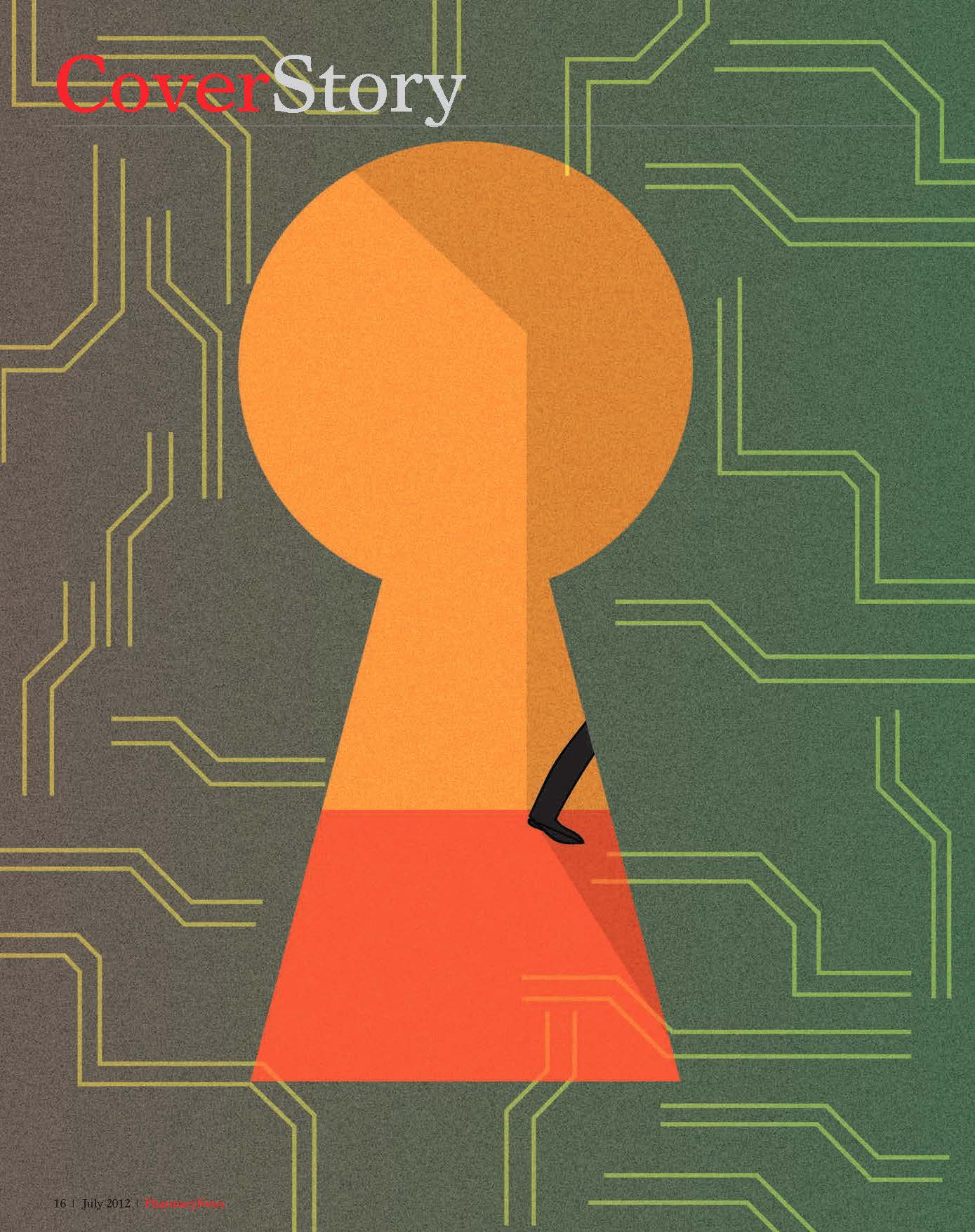Mediband & MedibandPlus Pharmacy News Feature: Mediband an E-option for many

Australia’s new e-health system (PCEHR) launched on 1 July. What will it mean for pharmacy? And for health consumers?
Fran Molloy talks to pharmacists who have been involved in the pre-launch trials about the impact on their processes and how their consumers responded ........
Mediband an E-option for many
Not everyone is sure that the PCEHR will be a success or the best option for storing and accessing their personal health information, nor is everyone sure of its level of security protection. For instance, the information will not be available to Australians who are travelling overseas.
There are a number of other concerns that have been raised about the new government PCEHR system. For consumers who share these concerns, there are other options available, and some of them are indeed available through pharmacies.
One of these is Mediband.
These wristband or wallet-based IT identification devices allows the user to store data allowing access to their vital medical records, when necessary.
Within 12 months of its launch into the channel, 22 per cent of Australian pharmacies were already stocking Mediband, and worldwide, there are around 22,000 users, according to Michael Randall, Mediband’s Australian managing director.
MedibandPlus stores information such as;
• Personal and emergency contacts
• Allergies
• Current medications
• Medical notes & unique identifying marks e.g blood type.
• Physician information
• Surgical and implant history
• Donor wishes
Records are easily updated and managed. Whilst personal details are encrypted and password protected, the privacy level of each information field can be set to public, hospitals only, or to private.
An emergency contact email alert informs loved ones quickly in cases of emergency.
Mr Randall says that the simple device offers a number of advantages that will most likely not be available under the PCEHR, in addition to its high, and adjustable, levels of privacy and security.
People with serious health conditions, those with chronic diseases, anyone at risk of being unconscious and not being able to speak themselves in an emergency would benefit from using the device, he believes. “Users of Warfarin, diabetes patients, people with anaphylaxis need to have some sort of device that can alert people, including members of the general public, during an emergency and will benefit from owning this device."
For more information, visit: medibandplus.com
